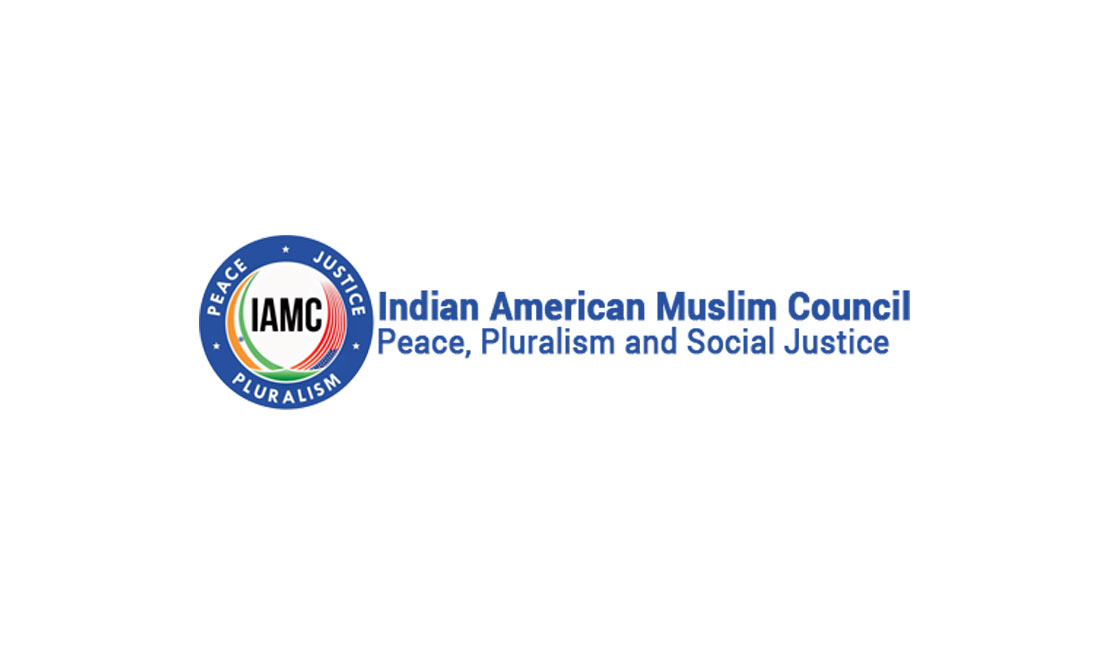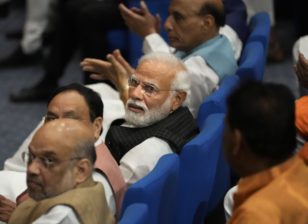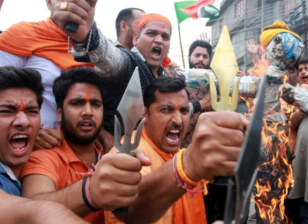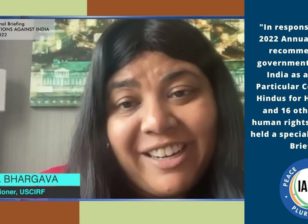US State Department releases scathing report on Religious persecution of minorities in India
In August the central government revoked the semiautonomous status of the Muslim-majority state of Jammu and Kashmir and split it into two union territories: Jammu and Kashmir, and Ladakh. The revocation sparked protests, criticism from Muslim leaders, and challenges filed in the Supreme Court from opposition politicians, human rights activists, and others.… Seventeen civilians and three security personnel were killed during the protests. In December parliament passed the Citizenship Amendment Act (CAA), which accelerates citizenship for Hindu, Sikh, Buddhist, Jain, Parsi, and Christian migrants from Afghanistan, Bangladesh, and Pakistan who entered the country on or before December 31, 2014, but not for similarly-situated migrants who are Muslims, Jews, atheists, or members of other faiths.
Issues of religiously inspired mob violence, lynching, and communal violence were sometimes denied or ignored by lawmakers, according to a number of nongovernmental organizations (NGOs) and media outlets. There were reports by NGOs that the government sometimes failed to act to prevent or stop mob attacks on religious minorities, marginalized communities, and critics of the government. Some officials of Hindu-majority parties, including from the Bharatiya Janata Party (BJP), made inflammatory public remarks or social media posts against minority communities.
In their engagement with government officials, media, interfaith harmony organizations and NGOs, U.S. officials emphasized the need to address the legitimate concerns of the country’s religious minorities, condemn communal rhetoric, and ensure full protection of minorities as guaranteed under the constitution. In March the embassy organized a speaking tour by a U.S. religious harmony expert to the northern cities of Lucknow, Allahabad, and Varanasi.




